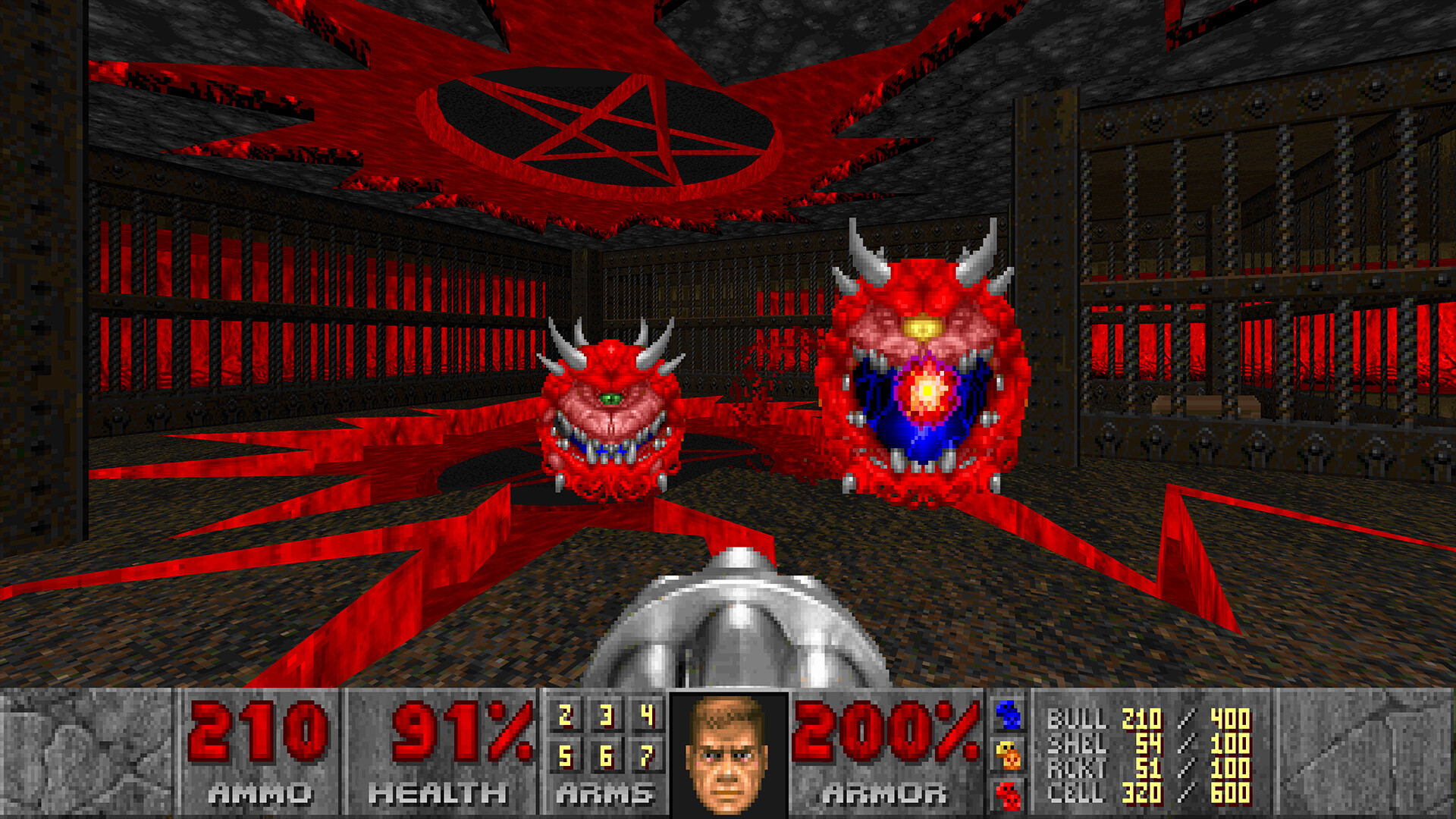
Last week, Bethesda released a new edition of its Steam remasters for Doom and Doom 2. The update to Bethesda's existing Doom + Doom 2 remaster bundle adds new enhancements like cross-platform online multiplayer, a new official episode, and a new BOOM-compatible engine that enables the use of over two decades of existing DOOM mods that can be published and installed through an in-game mod browser. That's cool!
Unfortunately, it looks like the mod browser lets you upload any mod you want and say you made it. That's less cool.
Spotted by RockPaperShotgun, it seems that aside from a "report mod" button, publishing files through the Doom + Doom 2 in-game mod browser lacks any kind of moderation or verification guide rails. I could pluck any .WAD I wanted from Doomworld, slap it in there, write "I made this for real and no court in the land can prove otherwise" in the description, and—unless that mod's creator noticed and reported it by hand—everyone would be none the wiser.
Much like those art-reposting accounts you run into all over social media that just write "All credit goes to the creators 😊" under the media they've stolen, the in-game mod browser is already rife with mods that were uploaded without their creators' permission. Writing on cohost, Jean-Paul LeBreton, a game designer who's worked on BioShock and Psychonauts 2 and also a prolific Doom modder, called the mod browser's implementation a "a massive breach of trust and a shitty thing for id/zeni to do to a community that created the phenomenon they are now monetizing."
This kind of seeming carelessness about the potential for stolen work is particularly frustrating, because it's a debacle that Zenimax and Bethesda have acted out multiple times before. In 2015, Valve cancelled its short-lived paid mods experiment on Steam Workshop, in part because users were reuploading mods from other creators to sell as their own. Just a year later, "stolen" mods appeared in console versions of Fallout 4 after being uploaded to Bethesda's mod directory without their creators' approval.
While I'm sure the Doom modding scene would've continued just fine on its own without the in-game mod browser, I can understand the logic behind its implementation: As it's done with Fallout and Skyrim, making the breadth of available mods accessible to console players through the game itself means Bethesda can capitalize more fully on a selling point that's traditionally only applied to its games on PC.
Considering Bethesda needs those modders to keep doing the voluntary work of providing content, though, I'd have hoped it'd put in a little more thought before throwing open the gates to another wild west of mod publishing. It's had more than enough practice.







